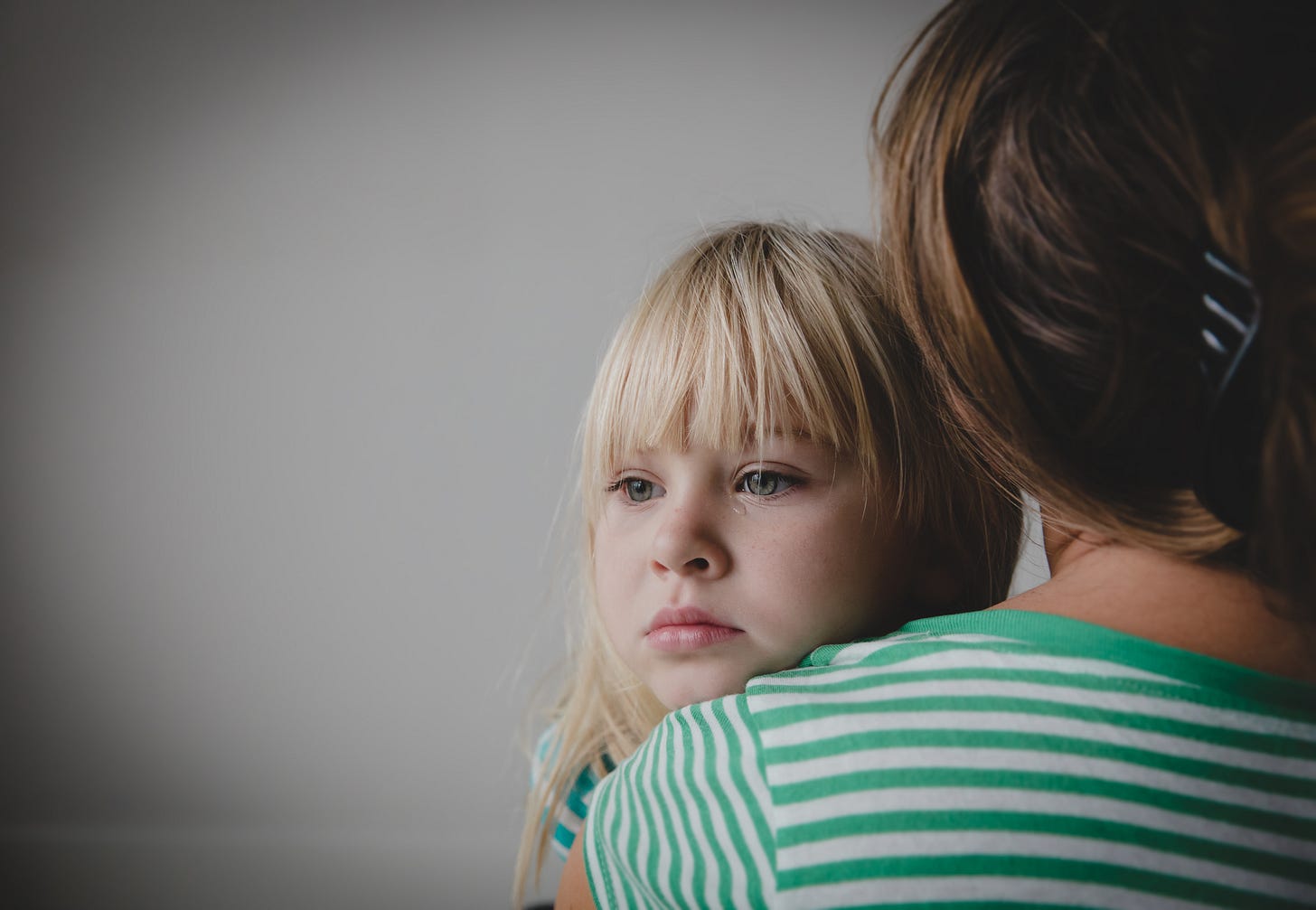How Domestically Abusive Men Continue to Harm Mother–Child Relationships Post-Separation
The tactics used by perpetrating fathers to stop mothers and their children from rebuilding their bonds with each other
Dr Emma Katz is widely regarded as one the world’s foremost academic experts in her area of research — how coercive control impacts on children and young people.
Emma specializes in the harms caused by father-perpetrated coercive control, as well as children’s and mothers’ resistance and recovery. Read more in her book Coercive Control in Mothers’ and Children’s Lives, published by Oxford University Press.
Welcome
It tends to be assumed that, in cases of domestic abuse, the abuse ends once the couple separates — either because the perpetrator stops his campaign of abuse and either exits the victim’s-survivor’s life, or he becomes a decent co-parent.
This post has been written because this is often not the case.
Domestic abuse does not automatically stop when the victim-survivor separates from the perpetrator, especially when there are shared children.
Our societies typically lack an understanding of this.
The disconnect between social assumptions and reality
What people don’t tend to be aware of is that, after a relationship ends, many domestically abusive men won’t leave the victim-survivor alone. In fact it is common for abusive men to use their role as a father to cause more destruction and harm.
There are few help services for victims-survivors in this position. Most tend to be focused on the period when the victim-survivor leaves, not the months or years of post-separation abuse. Even vital services focused on the time of leaving, such as refuges, are underfunded and frequently turn victims-survivors away.
Meanwhile, the effectiveness of legal remedies for post-separation abuse is patchy at best.
It can be hard for people to understand just how determined an abusive man can be to keep up his abuse of his ex-partner, and how much havoc and pain he can cause her and their children.
It can be hard for people to realise just how frightening and upsetting this is for victims-survivors.
Post-separation abuse can take a toll on mother–child relationships in many ways.


